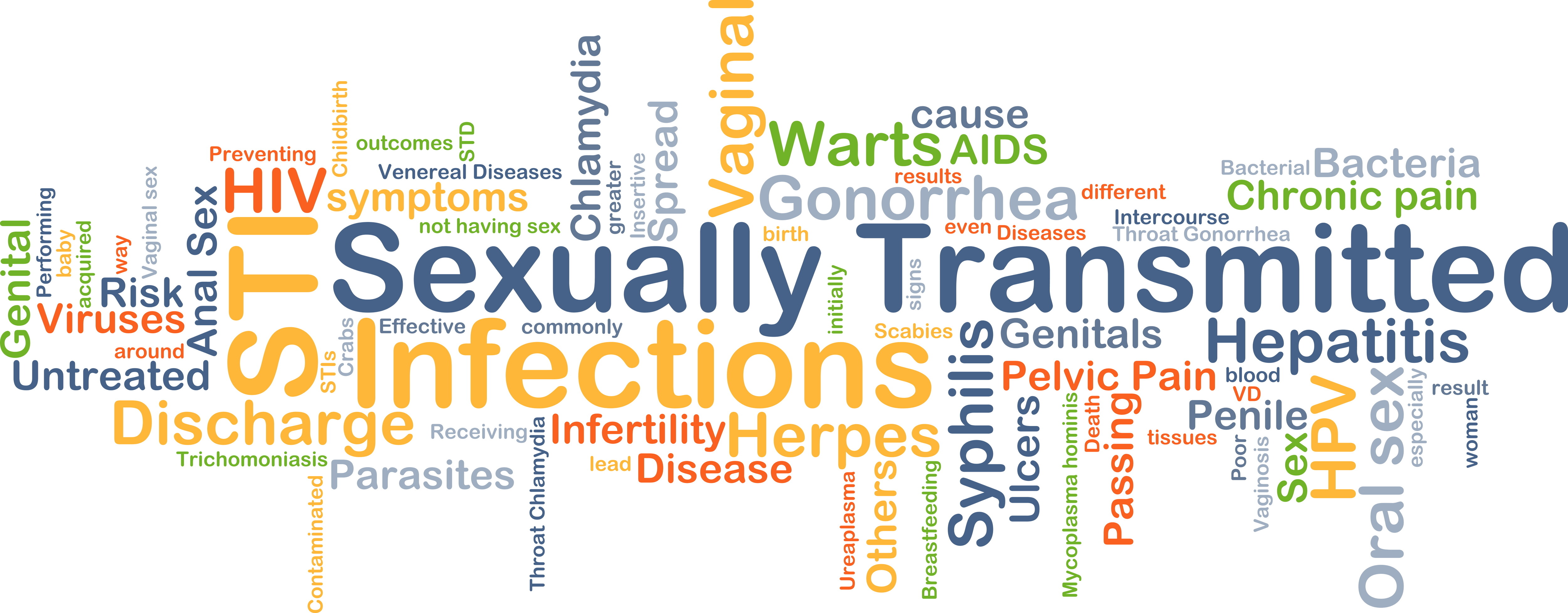
A persistent itch, discharge or discomforting rash. Blisters, lesions, or unusual lumps. Blood in the urine or pain when urinating. Unexplained rash or persistent sore throat. These are all common signs of sexually transmitted infections (STIs).
Some STIs are completely curable, while others are manageable. But you won't know how to get treated — if indeed you do have one — unless you get it checked out by a doctor. And because some STIs show no symptoms at all, it's best to make it a habit to get regularly screened, especially if you're part of a high-risk patient group. This group includes:
- Individuals who have multiple sex partners
- Men who have sex with other men (MSM)
- People who do not use condoms consistently
Family medicine physician, Chana Zablocki, MD, says, “50 to 75 percent of STIs do not cause symptoms but can be dangerous to one's long term health. If you are sexually active, going for screening tests is the best thing you can do to protect yourself.”
Types of STIs
STIs come from different sources and, as a result, require a variety of treatments:
Bacterial infections: Chlamydia, gonorrhea, syphilis, and other STIs stem from bacterial infections and are easily cleared up by antibiotics.
Viruses: Viruses that cause genital herpes (HSV), genital warts (HPV), and hepatitis A, B, and C can be managed with various antiviral treatment and also preventative care for partners, such as antivirals and vaccinations. A retrovirus causes the well-known human immunodeficiency virus (HIV), which weakens the immune system. Though HIV no longer automatically leads to AIDS, it still requires strict management from an infectious disease specialist.
Insects and germs: Pubic lice (crabs) and scabies are actually infestations of tiny insects that live in the more textured body hairs of the pubis or within the skin itself, where they then lay eggs. They can only be spread through intimate, skin-to-skin contact, and can often be easily treated with over-the-counter or prescription medications. Finally, trichomonas vaginalis (TV) is the result of a microscopic germ. TV presents with a fishy odor and yellowish or greenish discharge. It can be successfully treated with antibiotics.
Who is at risk?
If you have pain, bleeding, itching, discharge, burning during urination, or sores anywhere near the genital or anal region you may have contracted an STI. While it may be tempting to ignore or deny your symptoms out of fear or embarrassment, the best response is to immediately get tested.
It's possible that you have a urinary tract infection (UTI) or a case of food poisoning. But if you have had oral, anal, or genital sex without protection, have multiple sexual partners, or know that a partner has an STI, then you are at risk. In addition, if you used unwashed sex toys, you might have been inadvertently infected.
If you suspect that you have an STI, or if you simply want to get screened before having sex with a new partner, talk to your doctor or stop by your nearest CityMD to have the appropriate testing/screening done.
Chana Zablocki, MD is a member of Summit Health's Family Medicine team. Dr. Zablocki cares for patients of all ages using a holistic approach to medicine. She works with her patients to identify root causes of physical symptoms and then helps them heal their gut, balance their hormones, and boost their energy levels.
